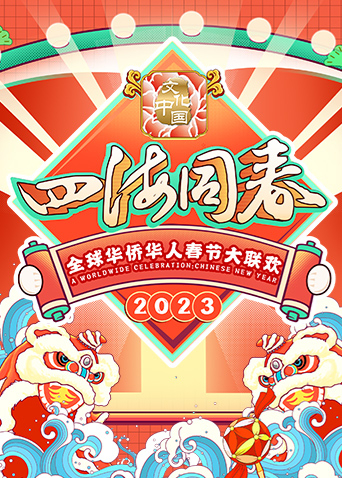改编自小说《北大差生》,亚洲讲述了学渣周林林和“隔壁家的学霸”方予可之间的酸甜爱情故事。本以为高考结束就可以分道扬镳,亚洲没想到阴差阳错,两人一同考进了全国最高学府的最冷门专业——畜牧系。为了弥补曾经无意间给方予可造成的“初恋创伤”,周林林千方百计帮方予可追回“校花初恋”,自己却在不知不觉中掉进了青春的陷阱…毕业季即将来临,深藏你青春回忆深处的那个 TA 是否还在你的身边?

改编自小说《北大差生》,亚洲讲述了学渣周林林和“隔壁家的学霸”方予可之间的酸甜爱情故事。本以为高考结束就可以分道扬镳,亚洲没想到阴差阳错,两人一同考进了全国最高学府的最冷门专业——畜牧系。为了弥补曾经无意间给方予可造成的“初恋创伤”,周林林千方百计帮方予可追回“校花初恋”,自己却在不知不觉中掉进了青春的陷阱…毕业季即将来临,深藏你青春回忆深处的那个 TA 是否还在你的身边?

回复 :一种高致命性和传染性的病毒在世界上蔓延开来,为了避难,丹尼(卢·泰勒·普奇 Lou Taylor Pucci 饰)和哥哥布莱恩(克里斯·派恩 Chris Pine 饰),女友波比(派珀·佩拉博 Piper Perabo 饰)还有好友凯特(艾米丽·万凯普 Emily VanCamp 饰),驾车以最快的速度穿越美国西南部的沙漠地带。他们希望寻找的是一个相对安全的地方,可是花掉了整整几天的时间,他们却意识到,也许偌大的国家再也没有可供他们容身的地方了。不仅是病毒的肆虐压迫着每个人的神经,他们还不断地被迫去面对道德伦理方面的决定和挑战制造出来的压力--都是一些他们以前无法想象出来的艰难与人性抉择。很快,他们就发现,原来阻挡在他们面前的最大的敌人,并不是不断袭击并打垮人类的致命细菌或病毒,而是隐藏在他们内心深处的黑暗与邪恶......
回复 :英民(曹政爽 饰)和美英(申敏儿 饰)之间的恋情是那种一见钟情的恋情,从第一次见面开始,两人就已经深深的爱上了彼此,将对方视为自己命中注定的存在。就这样,俊男和靓女之间,展开了为期四年的甜蜜恋爱,随着了解的加深,两人更加坚信,他们的选择是正确的。四年后,美英披上了纯白的婚纱,成为了英民的妻子,然而,剧情就此却急转直下。婚后的甜蜜生活只维持了极为短暂的一段时光,很快,英民和美英就都发现,对方的身上展现出了一些他们见所未见的特质。美英喋喋不休的唠叨简直要让英民的耳朵都起了茧子,而英民对于街头性感美女的火热视线令打翻了美英心中的醋坛子,照这样发展下去,这段婚姻总有一天会濒临破碎的边缘。
回复 :The subtitle of Jean-Marie Straub and Danièle Huillet’s first feature, from 1965, “Only Violence Helps Where Violence Reigns,” suggests the fierce political program evoked by their rigorous aesthetic. The pretext of the film, set in Cologne, is Heinrich Böll’s novel “Billiards at Half Past Nine,” which they strip down to a handful of stark events and film with a confrontational angularity akin to Bartók’s music that adorns the soundtrack. The subtlest of cues accompany the story’s complex flashbacks. The middle-aged Robert Fähmel tells a young hotel bellhop of persecutions under the Third Reich; his elderly father, Heinrich, an architect famed for a local abbey, recalls the militarism of the First World War, when his wife, Johanna, incurred trouble for insulting the Kaiser. A third-generation Fähmel is considering architecture, just as the exiled brother of Robert’s late wife, returns, only to be met by their former torturer, now a West German official taking part in a celebratory parade of war veterans. Straub and Huillet make the layers of history live in the present tense, which they judge severely. The tamped-down acting and the spare, tense visual rhetoric suggest a state of moral crisis as well as the response—as much in style as in substance—that it demands.


